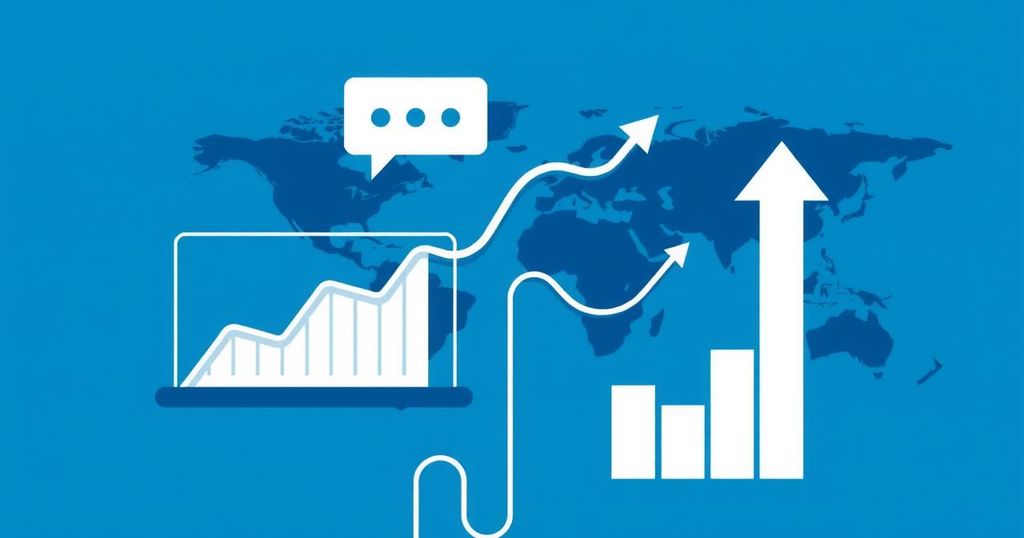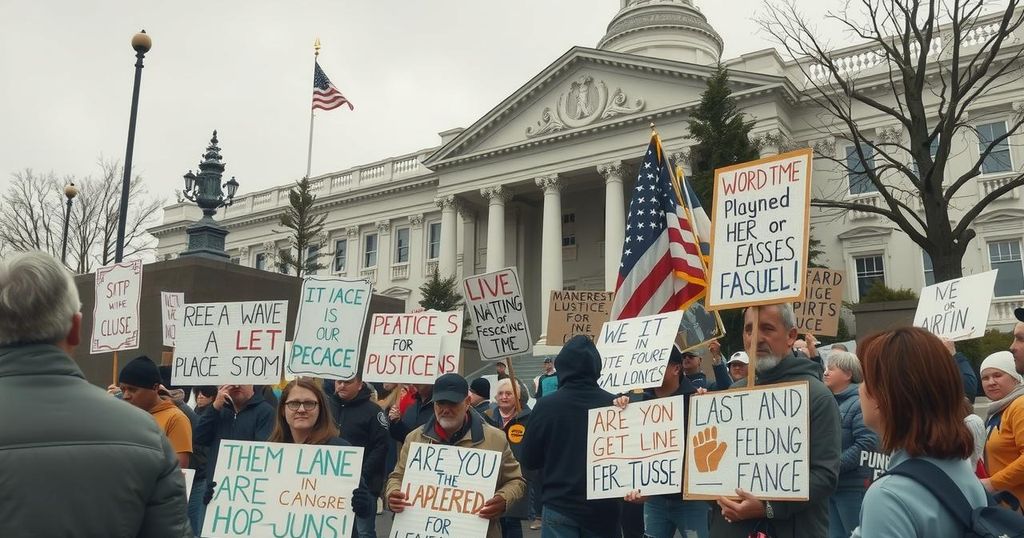The BRICS group is preparing for expansion, with the uncertainty surrounding Venezuela’s inclusion due to Brazil’s objections stemming from recent electoral disputes. The group plans to make announcements at its summit in Kazan, but Brazil’s discomfort with Venezuela’s regime complicates matters. Despite this, Venezuelan officials maintain that they are engaged in the bloc’s activities and await a formal invitation.
The BRICS group, consisting of emerging market nations, is set to announce its expansion plans at its upcoming summit in Kazan, Russia, scheduled for October. Recent discussions among Brazilian officials and other BRICS members have cast doubt on Venezuela’s potential membership in this next phase of enlargement. During the recent UN General Assembly in New York, no mention was made of Venezuela in the preliminary list of countries that Russia, the current chair of BRICS, circulated among its members. Officials privy to these discussions indicated that while the bloc is considering inviting additional countries, any growth in membership is still under negotiation, with no definitive decisions having been reached. The inclusion of Venezuela would undoubtedly add complexity, particularly amidst the tensions arising from the controversial elections in Venezuela in July. Brazilian President Luiz Inacio Lula da Silva has expressed reservations about President Nicolas Maduro’s government, demanding transparency from Venezuela’s National Electoral Council, which has yet to provide detailed electoral data to support the election outcomes. Furthermore, Brazil has demonstrated its unwillingness to foster ties with other nations aligned closely with Russia, notably vetoing the inclusion of Nicaragua, a country whose relations with Brazil have deteriorated significantly this year. Despite the ambient uncertainty surrounding its membership, Venezuela’s Foreign Minister Yván Gil has asserted that the nation is actively engaged in BRICS meetings and is simply awaiting formal invitations. President Maduro has even hinted at reallocating oil and gas resources to BRICS countries in light of increased U.S. scrutiny in response to electoral controversies. In this anticipated expansion, it is expected that countries will initially be categorized as partner nations rather than full members, a reflection of the BRICS group’s strategic vision. Notably, BRICS, which currently includes Brazil, Russia, India, China, and South Africa, has recently expanded to include Iran, Ethiopia, the United Arab Emirates, and Egypt. BRICS members collectively represent approximately 46% of the world’s population and over 36% of global GDP, further emphasizing their critical role in shaping international economic dynamics.
The BRICS group, formed by Brazil, Russia, India, China, and South Africa, serves as a coalition of emerging economies aimed at enhancing cooperation and representation in international forums. The bloc has gained attention as it seeks to expand its influence through potential membership increases. Recent discussions regarding the membership of Venezuela highlight the complexities and geopolitical tensions within the BRICS coalition, especially concerning democracy and governance issues in member states. The context of Venezuela’s aspirations for BRICS membership occurs amid significant international scrutiny and contentious electoral processes, impacting diplomatic relationships among member states.
Venezuela’s aspirations for BRICS membership appear to be jeopardized by internal and external diplomatic tensions, particularly due to Brazil’s reservations following disputed elections in Venezuela. As BRICS prepares for expansion, discussions remain preliminary, with no confirmed invitations for new members. The geopolitical ramifications of these developments underscore the intricate dynamics within the BRICS coalition as it seeks to bolster its global influence and address intra-group trade initiatives.
Original Source: www.intellinews.com




